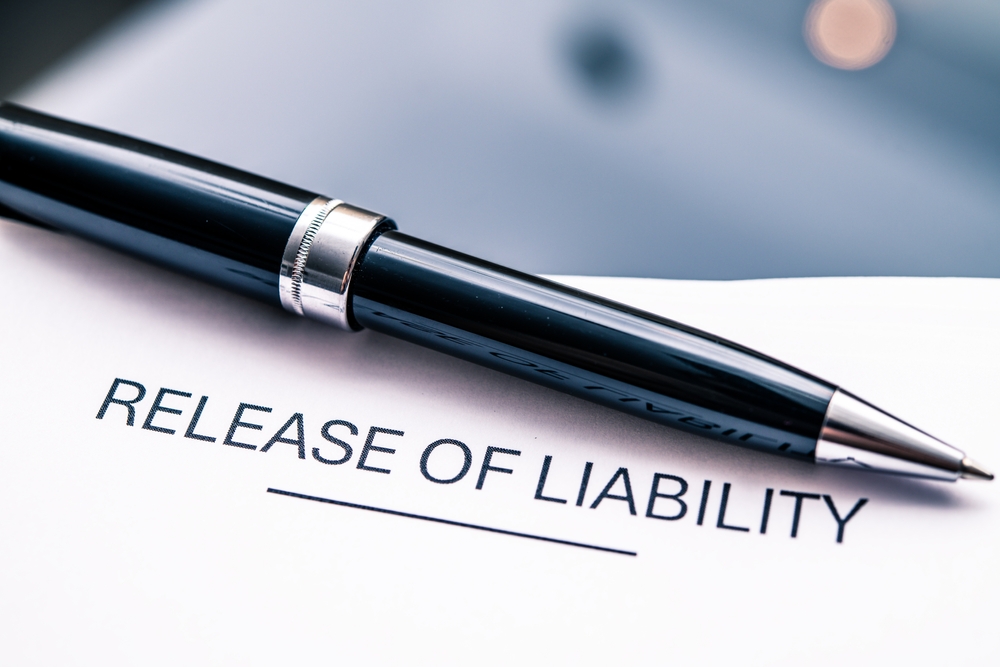Florida Statute Section 624.155(6) is a significant provision affecting subrogation in Florida. This statute, enacted as part of a broader tort reform package in March 2023, addresses the complexities liability insurers face when dealing with multiple claimants with competing claims that exceed policy limits. Prior to the enactment of Florida Statute Section 624.155(6), liability insurers had no real direction on how to navigate multiple claims arising from a single occurrence with the total claims exceeding the available policy limits. This often led to allegations of bad faith and protracted litigation. In March 2023, Florida passed a tort reform bill that included the introduction of Section 624.155(6). This statute was designed to provide a clear legal framework for liability insurers to interplead insurance funds in the face of competing liability claims, thereby minimizing litigation and protecting insurers from bad faith claims. The primary purpose of Florida Statute Section 624.155(6) is to offer a mechanism for insurers to limit their exposure to policy limits and protect themselves from claims that they failed to pay all or part of the available policy limits to third-party claimants, including subrogating insurers.
The Statute provides:
(6) If two or more third-party claimants have competing claims arising out of a single occurrence, which in total may exceed the available policy limits of one or more of the insured parties who may be liable to the third-party claimants, an insurer is not liable beyond the available policy limits for failure to pay all or any portion of the available policy limits to one or more of the third-party claimants if, within 90 days after receiving notice of the competing claims in excess of the available policy limits, the insurer complies with either paragraph (a) or paragraph (b):
(a) The insurer files an interpleader action under the Florida Rules of Civil Procedure. If the claims of the competing third-party claimants are found to be in excess of the policy limits, the third-party claimants are entitled to a prorated share of the policy limits as determined by the trier of fact. An insurer’s interpleader action does not alter or amend the insurer’s obligation to defend its insured.
(b) Pursuant to binding arbitration that has been agreed to by the insurer and the third-party claimants, the insurer makes the entire amount of the policy limits available for payment to the competing third-party claimants before a qualified arbitrator agreed to by the insurer and such third-party claimants at the expense of the insurer. The third-party claimants are entitled to a prorated share of the policy limits as determined by the arbitrator, who must consider the comparative fault, if any, of each third-party claimant, and the total likely outcome at trial based upon the total of the economic and noneconomic damages submitted to the arbitrator for consideration. A third-party claimant whose claim is resolved by the arbitrator must execute and deliver a general release to the insured party whose claim is resolved by the proceeding.
By allowing liability insurers to file an interpleader, the statute aims to help those liability insurers avoid claims of bad faith when they cannot satisfy all third-party claims due to the policy’s limit. Specifically, the statute provides that if an insurer is faced with multiple third-party claimants with competing claims arising from a single occurrence, the insurer is not liable beyond the available policy limits if, within 90 days of receiving notice of the competing claims, the insurer either files an interpleader action or makes the policy limits available for payment through binding arbitration. The implementation of Florida Statute Section 624.155(6) involves several key steps that insurers must follow to comply with the statute and protect themselves from liability beyond the policy limits:
Notice of Competing Claims: Upon receiving notice of competing claims, the insurer must act within 90 days to either file an interpleader action or make the policy limits available for payment through binding arbitration.
Filing an Interpleader Action: If the insurer chooses to file an interpleader action, it must do so under the Florida Rules of Civil Procedure. The interpleader action allows the insurer to deposit the policy limits into the court, and the court will then determine the prorated share of the policy limits for each claimant.
Binding Arbitration: Alternatively, the insurer can make the policy limits available for payment through binding arbitration. This option provides a streamlined process for resolving competing claims without the need for protracted litigation.
Defending the Insured: It is important to note that filing an interpleader action does not alter the insurer’s obligation to defend its insured. The insurer must continue to provide a defense to the insured while the interpleader action is pending.
Florida Statute Section 624.155(6) represents a significant development of the law that provides a clear legal framework for managing competing liability claims. The statute helps both subrogating insurers, other claimants, and liability insurers navigate complex situations and avoid unnecessary litigation. Its implementation allows liability insurers to limit their exposure to policy limits while continuing to fulfill its obligations to its insureds. However, if a subrogating insurer fails to provide prompt notice of its claims to the targets and its liability insurer, the subrogating insurer will be prevented from participating in the interpleader or arbitration. Thus, precluding recovery. Now, in Florida, it is imperative that subrogating insurers finalize adjustments and notify targets and its insurers as soon as practicable.






